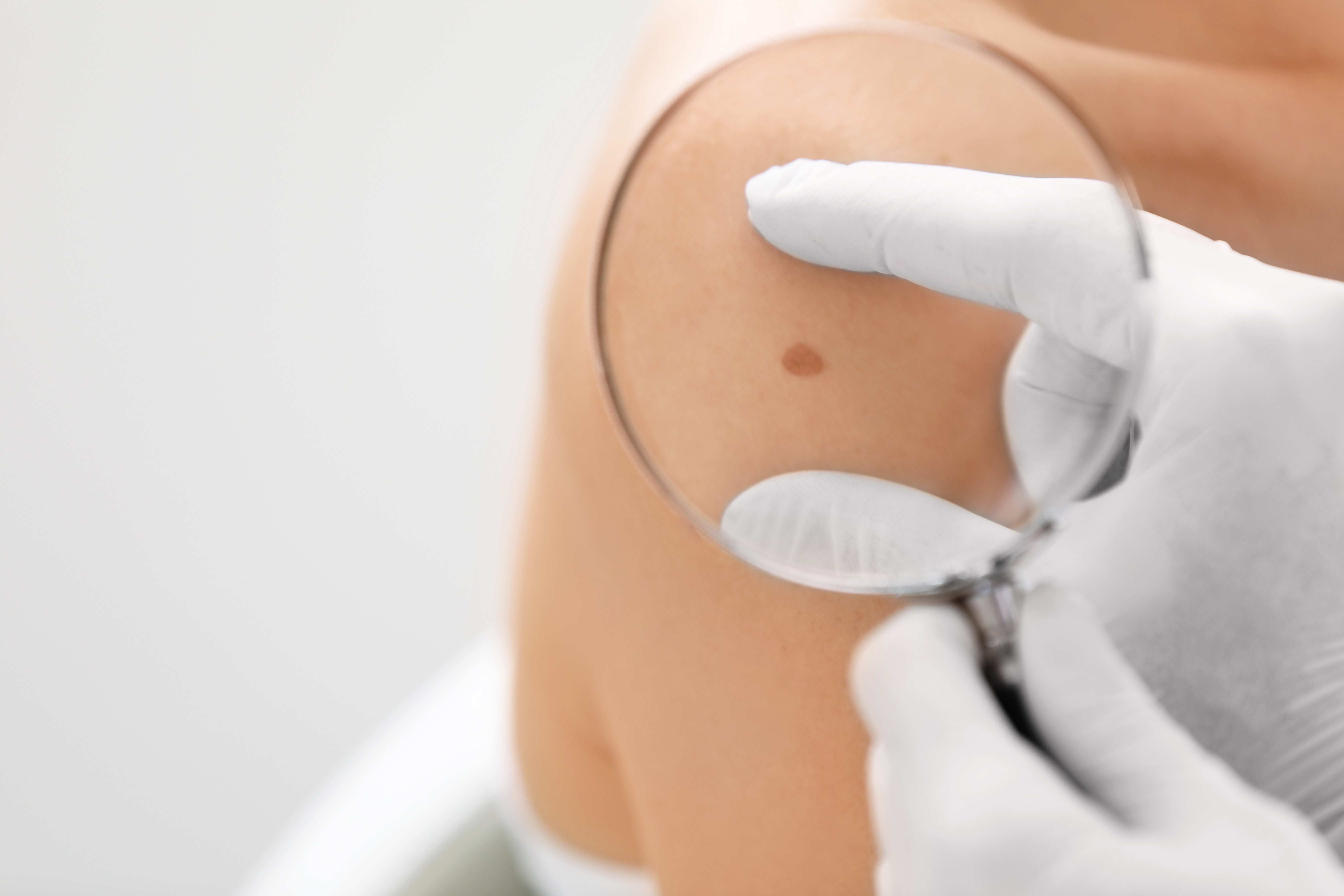
The University of Tennessee Health Science Center announced that researchers at the university have received a $423,500 grant from the National Institute of Environmental Health Sciences to uncover the role of balanced sex hormones in the process of DNA repair in human melanocytes, and whether the hormones may increase the risk of developing melanoma. With the new grant, researchers hope to explore whether endogenous biological determinants can predispose individuals to melanoma. Previous studies have shown that young women may have a higher risk of developing the disease than young men, but older men may be at greater risk than older women. The researchers hypothesized that individuals’ ratios of testosterone and estrogen may affect their likelihood of developing melanoma. In a new study, participants will place testosterone-releasing patches on their skin and the research team will analyze the ability of DNA to repair the skin at baseline and with elevated testosterone levels—with the goal of determining the most beneficial sex hormone ratio.